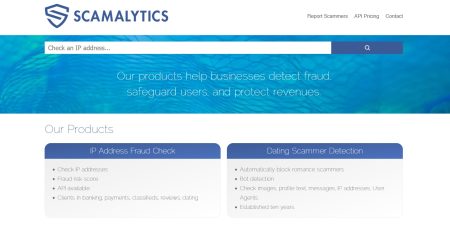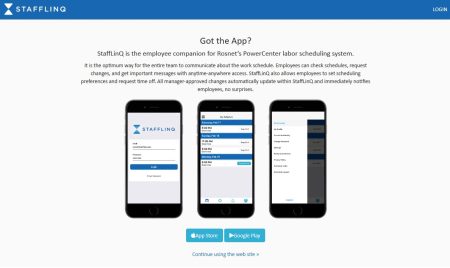Freight broker software is a form of transportation management software (DAT Broker TMS) that automates freight brokerage tasks such as inputting loads, sourcing and certifying carriers, dispatching drivers, billing clients, and paying carriers. These solutions, also known as freight management software, can be customized to handle the real-time needs of the freight brokerage, such as trucking dispatch, tracking fuel tax, billing payroll to drivers, monitoring driver logs, planning routes using GPS mapping, and performing routine vehicle maintenance.
These solutions, similar to freight forwarding software, will give a technical edge that supports shippers with ready-to-haul freight by locating carriers that are competent to move the cargo. These software alternatives manage the operations (logistics), financials (accounting), and customer service aspects of running a transportation and shipping company.
Depending on the scale of your organization, many types of freight broker software are available. One important aspect to consider is whether or not you provide storage for your consumers. A small third-party logistics firm may be responsible just for expediting shipments between a manufacturer and a client. Meanwhile, a large-scale supply chain management operation may include oversight of procurement, inventory management, vendor communication, and compliance with government rules.
1. Quickly create orders
What if you have an in-house team that inputs your client’s order data into a worksheet, and then someone has to double-check that the details are correct?
Maintaining your workflow in this manner is not only time-consuming, but it also prevents you from optimising your productivity.
Using software that is tailored to the needs of freight brokers like you is a straightforward answer to this problem.
Your consumers will be able to place purchases in seconds thanks to this software!
You will no longer require a crew to enlist orders, allowing you to save money, time, and effort!
2. It is becoming easier to provide quotes.
It can be extremely difficult to provide quotes for your services to potential customers.
If you spend hours poring into the minutiae of your prospective clients, you will only ensure that they do not engage you for any of their needs.
Instead of sending quotes yourself, you can reap the benefits of freight management software designed specifically for brokers.
Using the software allows you to provide a list of estimates depending on your customers’ demands, and your potential clients will find it much easier to make orders this way.
3. Integrated chat support
It is critical to communicate with your clients and learn about their tasks.
You will never be able to achieve your specific goals if all you do is book the order and skip the part about engaging your clients.
Because it cannot be integrated with your freight software, relying on a third-party messaging platform is not the best solution for connecting with your clients.
As a result, using freight broker software with built-in chat assistance is the ideal option for you.
It will allow you to send messages and notify your consumers about schedule changes without making any blunders.
4. Effortlessly send files
Documents allow you to keep track of all the agreements and bundles you’ve agreed upon with your clients.
You will lose your consumers’ confidence if you do not disclose detailed facts about their orders.
But how do you get the vital documents to your clients?
Using freight broker software is the greatest approach to communicate critical business papers to your clients.
Using the software will allow you to deliver all of the papers and vital receipts without incident.
Your consumers will not have to wait for information on the freight processes.
5. Excellent tracking and tracing
It is critical to keep track of all cars. How will you reply to your clients’ inquiries if you don’t know where the freights are? You will never be able to give excellent customer service unless you have a dependable method of tracking all freights.
Features of Freight Broker Software
Load Management: Throughout the load cycle, you may see, categorise, track, and update your load tracking.
Displays information such as client loads, load statuses, drop date, drop time, carrier, driver, and shipping equipment. Sort loads by keywords, customer, driver/carrier, reference number, city/state, and other criteria.
Invoicing: Manage your shipping, land, and air freight by generating documentation that describe what is owed to your shipping partners as well as others such as agents, customs, and others.
Handles basic accounting software functions such as multi-currency payments.
Quotes: Create and send quotes for any of your forms of transportation.
Keep track of the progress of quotations and turn them into orders as needed.
Ad-hoc quotations, one-click shipment generation, email templates, shipping rate generation, and other features are available.
Routing, dispatching, and planning: Find shippers the most fuel-efficient and time-efficient routes by examining maps, traffic data, speed limitations, modal limits, and fuel costs.
Shippers can use this information to choose the best carrier for each delivery and to combine shipments into the most efficient loads feasible.
Document Management include receiving, storing, and archiving files, documents, and data digitally.
Create new documents by customising templates; add metatags to documents for simple indexing, search, and retrieval; implement security and access features for specific documents, persons, and teams; and distribute documents internally and internationally.
Electronic Data Interchange (EDI): Allows commercial partners to interchange business documents in a standard electronic format from one computer to another.








